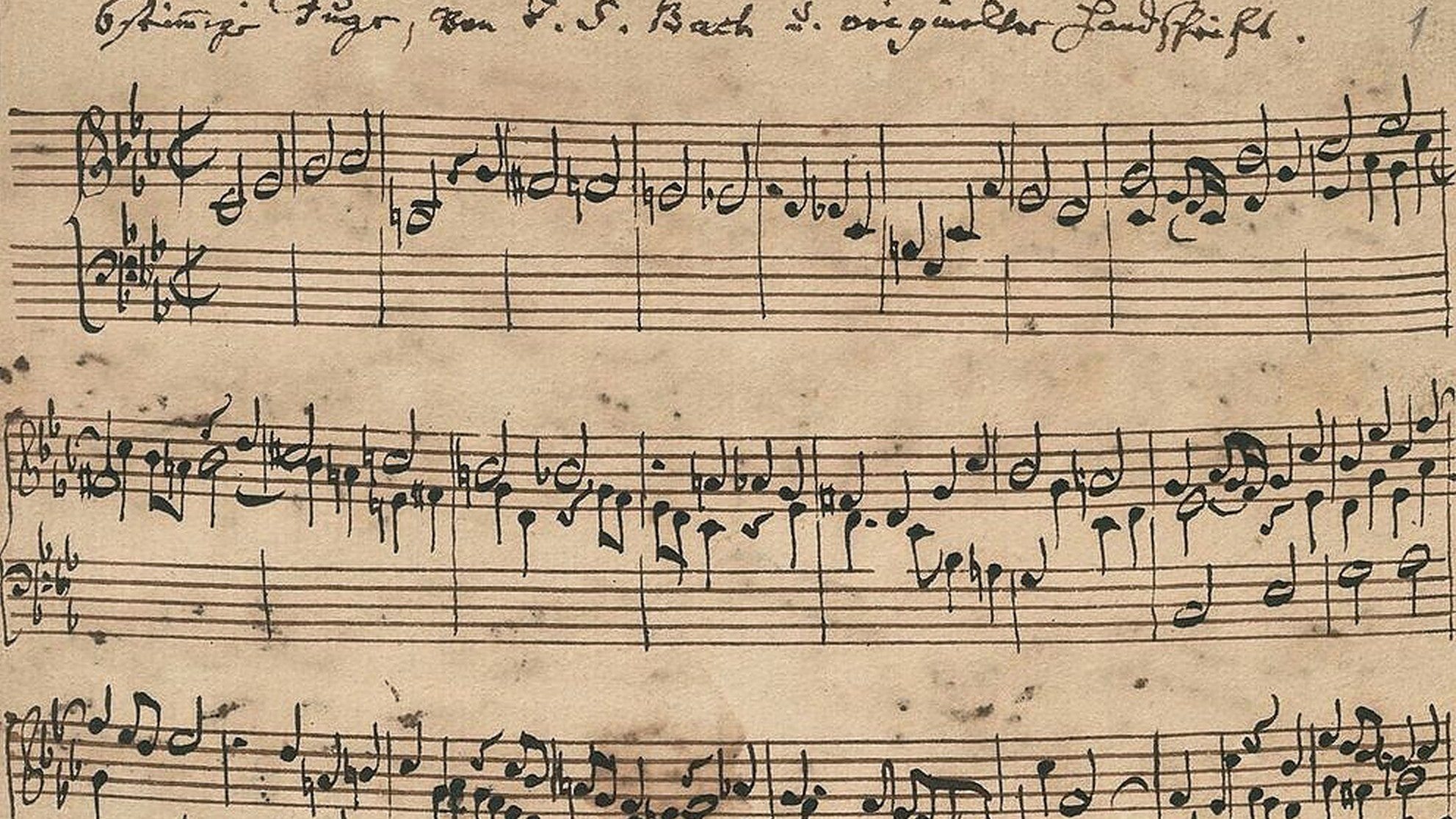Bach’s Musical Offering: The Ricercars
J.S. Bach’s monumental chamber music collection, Musikalisches Opfer (The Musical Offering), was inspired by a momentous meeting. It began on May 7, 1747 when Bach met Frederick the Great in Potsdam. At the time, J.S Bach’s son, Carl Philipp Emanuel, was employed as one of the Prussian King’s most prized musicians. Frederick gave the elder Bach a tour of his palace, showcasing his vast collection of instruments, among which was a novel new keyboard …




